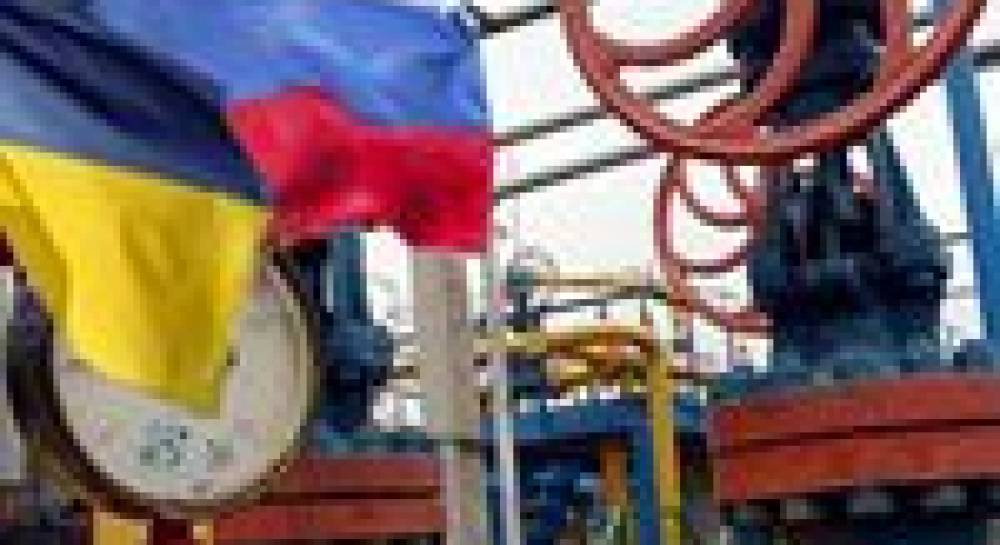
Energy battle leaves Moscow and Kyiv out in political cold
Gazprom`s business will suffer. And its reputation is shredded. Europe`s incoherent attempts to substitute other suppliers and types of energy for Russian gas will gain in traction...
In the gas war between Russia and Ukraine, both sides are licking their wounds after 10 days of fighting, according to an article by The Guardian. Although it appears the pumping of gas will resume and the impact on the lives of hundreds of thousands shivering and worried in the freezing winter in southern Europe should quickly pass, the damage done politically and economically to both warring parties will resist any quick fix.
It has been a bad time to pick a fight, with both Russia and Ukraine in dire economic shape and the affected countries in Europe in the midst of the coldest winter for a decade. The 10-day war has been a lose-lose situation.
First Russia. Even before hostilities erupted on 1 January after months of skirmishing, Russia, Vladimir Putin and the Gazprom gas monopoly were feeling the pain from the contraction of the world economy.
For most of Putin`s nine-year reign, Gazprom has been both his cash cow - Russia`s biggest source of taxes - and a key instrument of domestic and foreign policy, buying up nuisance media organisations on the Kremlin`s orders for the purposes of repression at home, while also serving as a main vehicle for Russian power projection abroad.
But Gazprom sells 30% of its gas to Europe, on which it depends for its wealth. The company`s share price has slumped by three-quarters in recent months, it has debts of ?40bn (£36bn), its profits are tumbling, and it desperately needs investment in the midst of a credit crunch when no one is lending.
Every day of the gas war it lost millions it badly needs by refusing to pump gas to its customers in Europe. This can only get worse. By spring, energy analysts say, the market price of gas will have halved from $450 (£300) to less than $250 for 1,000 cubic meters.
Gazprom`s business will suffer. And its reputation is shredded. Europe`s incoherent attempts to substitute other suppliers and types of energy for Russian gas will gain in traction. Even pro-Russian countries such as Bulgaria, Serbia, Slovakia and Hungary will try to escape the Gazprom embrace.
Coming on top of the serial disputes between the Kremlin and the west in the last two years, Russia`s credibility has been hammered again.
Ukraine, too, has next to nothing to show for its travails. The euphoria of the democratic Orange revolution of 2004 has dissolved to reveal a dysfunctional state mired in economic meltdown and political paralysis.
European diplomats complain they do not know who to speak to in dealing with Ukraine. While Mirek Topolánek, the Czech prime minister, at the weekend talked to Putin to secure the deal, he had to go to Kyiv twice and negotiate alternately with the camp of President Viktor Yushchenko and then with the prime minister, Yuliya Tymoshenko, in order to get an agreement that might stick.
In previous disputes, the west broadly saw Russia as bad and Ukraine as good. This time the judgments are much more qualified and balanced. The blame is shared, in European eyes. This is why Chancellor Angela Merkel of Germany, Gazprom`s biggest client, proposed outside monitors on the pipelines - because nobody believes the Russians or the Ukrainians in their claims and counter-claims.
It is also why the Europeans, while desperate to get the gas pumping to Europe, refuse to mediate in the bilateral dispute between Moscow and Kyiv over gas prices and unsettled bills. The Czech foreign minister, Karel Schwarzenberg, says Europe cannot be the referee because it does not know the rules of the game. No one fully knows what kind of secret, murky agreements govern the trade in gas between Moscow and Kyiv, much of which is in the hands of post-Soviet mafias and middlemen.
Putin`s fierce denunciation of the political leadership in a neighbouring and historically close country is telling. At the height of the dispute last week, he described the Yushchenko leadership as corrupt and criminalised.
The Russian prime minister`s rhetoric recalled his visceral attacks on Mikheil Saakashvili in Georgia during and after last August`s war. The Georgian war and the Ukraine gas conflict appear to have achieved similar aims - left Russia victorious and the target countries in dire economic shape, their security dilemmas more parlous because of European reluctance to come to their assistance.
That may have been Putin`s aim - to damage and discredit Ukraine and President Yushchenko after having crippled Georgia. He may have succeeded. But at a heavy cost to Russia.

